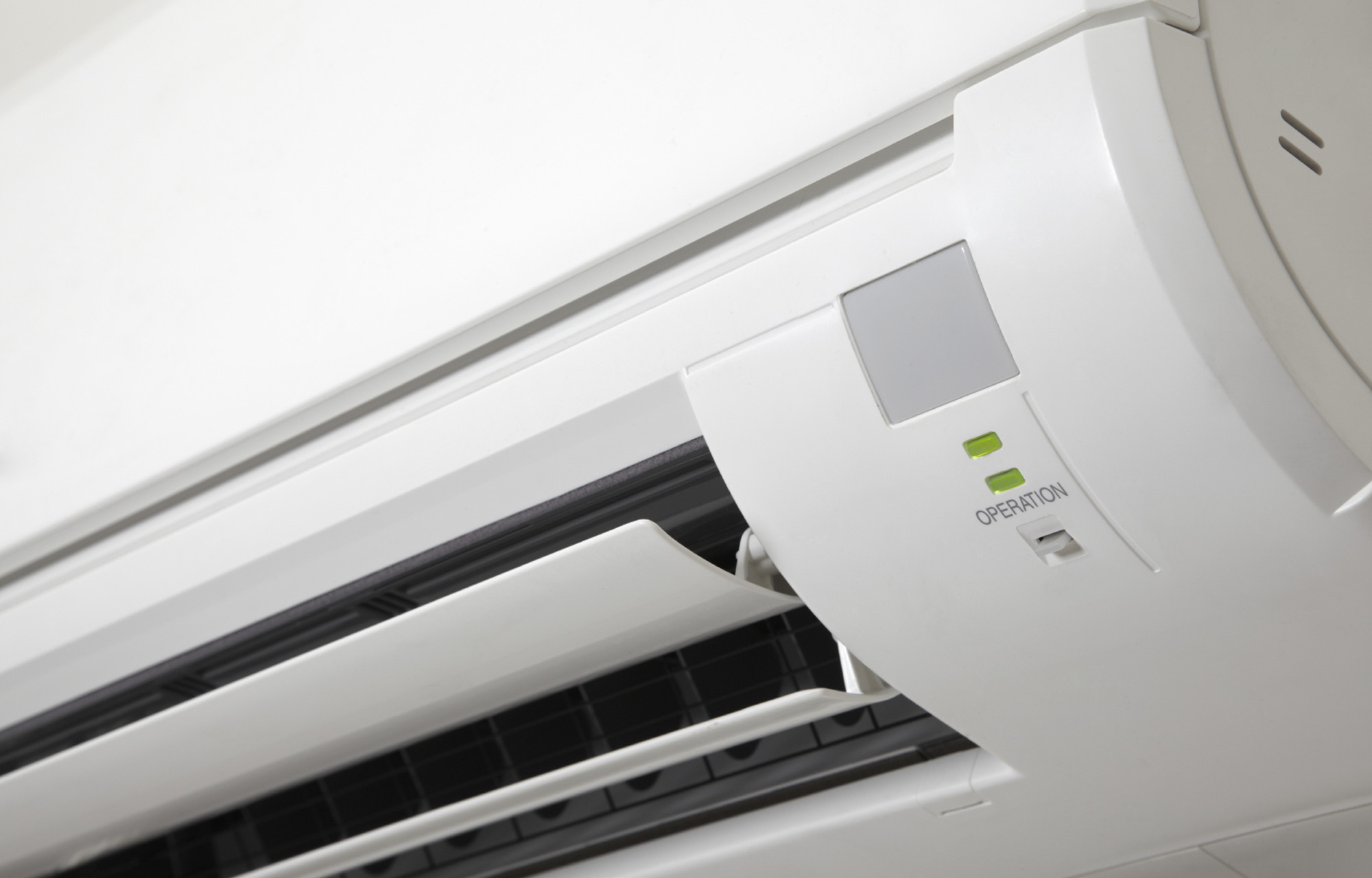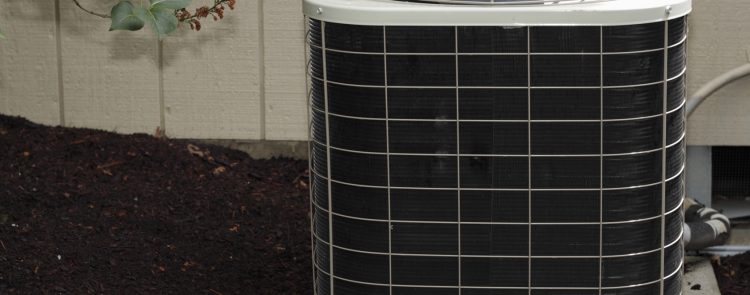As the temperature starts to rise, your air conditioner becomes an essential component in your home, providing a cool and comfortable environment for you and your family. However, like all appliances, air conditioners have a limited lifespan. Understanding the factors that impact the longevity of your AC unit can help you maintain it properly and plan for its eventual replacement. In this article, we’ll explore the average lifespan of an air conditioner, as well as the key factors that influence its longevity.
Understanding the Average Lifespan of an Air Conditioner
When it comes to determining the lifespan of an air conditioner, there are several factors to consider. On average, a well-maintained central air conditioning system can last between 15 and 20 years, while window units and portable ACs typically have a lifespan of about 10 years. However, it’s important to note that these are general estimates, and the actual lifespan of your air conditioner may vary based on a variety of factors.
Factors That Impact The Longevity Of An Air Conditioner
Several key factors can influence the lifespan of your air conditioner. Understanding these factors can help you take steps to prolong the life of your AC unit and maximize its efficiency.
Quality of Installation
The quality of the initial installation plays a significant role in determining how long your air conditioner will last. A properly sized and correctly installed AC system will operate more efficiently and experience fewer mechanical issues over time. On the other hand, a poorly installed unit may have a shorter lifespan and require frequent repairs.
Maintenance and Service
Regular maintenance and service are essential for preserving the lifespan of your air conditioner. Neglecting routine tasks such as changing air filters, cleaning the coils, and lubricating moving parts can lead to decreased efficiency and premature wear and tear. Scheduling annual professional maintenance can help identify and address potential problems before they escalate, ultimately extending the life of your AC unit.
Usage Patterns
The frequency and duration of your AC usage can impact its lifespan. Units that are used consistently throughout the year may experience more wear and tear compared to those used seasonally. Additionally, running your air conditioner at lower or higher temperatures than necessary can put additional strain on the system, potentially shortening its lifespan.
Climate and Environmental Factors
The climate and environmental conditions in which your air conditioner operates can also influence its longevity. Air conditioners in regions with extreme temperatures or high levels of humidity may experience more strain on their components, leading to a shorter lifespan. Additionally, exposure to contaminants such as saltwater or air pollution can contribute to corrosion and deterioration of the unit’s components.
Maximizing the Lifespan of Your Air Conditioner
While the lifespan of an air conditioner is influenced by various factors, there are steps you can take to optimize the longevity and performance of your AC unit.
Regular Maintenance
Committing to a regular maintenance schedule is one of the most effective ways to extend the lifespan of your air conditioner. This includes changing air filters, cleaning coils, inspecting and lubricating moving parts, and scheduling annual professional tune-ups. By keeping your AC unit in top condition, you can reduce the likelihood of unexpected breakdowns and costly repairs.
Proper Usage
Using your air conditioner responsibly can also contribute to its longevity. Setting the thermostat to an energy-efficient temperature, ensuring proper insulation and sealing of your home, and utilizing ceiling fans to improve air circulation can reduce the workload on your AC unit and prolong its lifespan.
Professional Installation And Repairs
When installing a new air conditioner or addressing repairs, it’s important to rely on a qualified HVAC professional. Proper installation and timely repairs by experienced technicians can prevent common issues and ensure that your AC system operates at its best.

Credit: www.urdesignmag.com
Signs It’s Time to Replace Your Air Conditioner
Despite your best efforts to maintain your air conditioner, there will come a time when it’s more cost-effective to replace it rather than continue with repairs. Here are some signs that indicate your AC unit may need to be replaced:
- Consistently high energy bills despite regular maintenance
- Frequent breakdowns and costly repairs
- Uneven cooling or inadequate humidity control
- Noticeable decrease in efficiency and performance
If you notice any of these signs, it’s essential to consult with an HVAC professional to assess the condition of your air conditioner and evaluate whether it’s time for a replacement.
Conclusion
While the lifespan of an air conditioner can vary based on several factors, proactive maintenance, proper usage, and professional installation and repairs can significantly extend the longevity of your AC unit. By understanding the average lifespan of an air conditioner and the key factors that influence it, you can make informed decisions about maintaining and, when the time comes, replacing your air conditioning system.
Remember, your air conditioner is a valuable investment in your home comfort, so it’s worth taking the necessary steps to ensure it operates efficiently and reliably for years to come.

